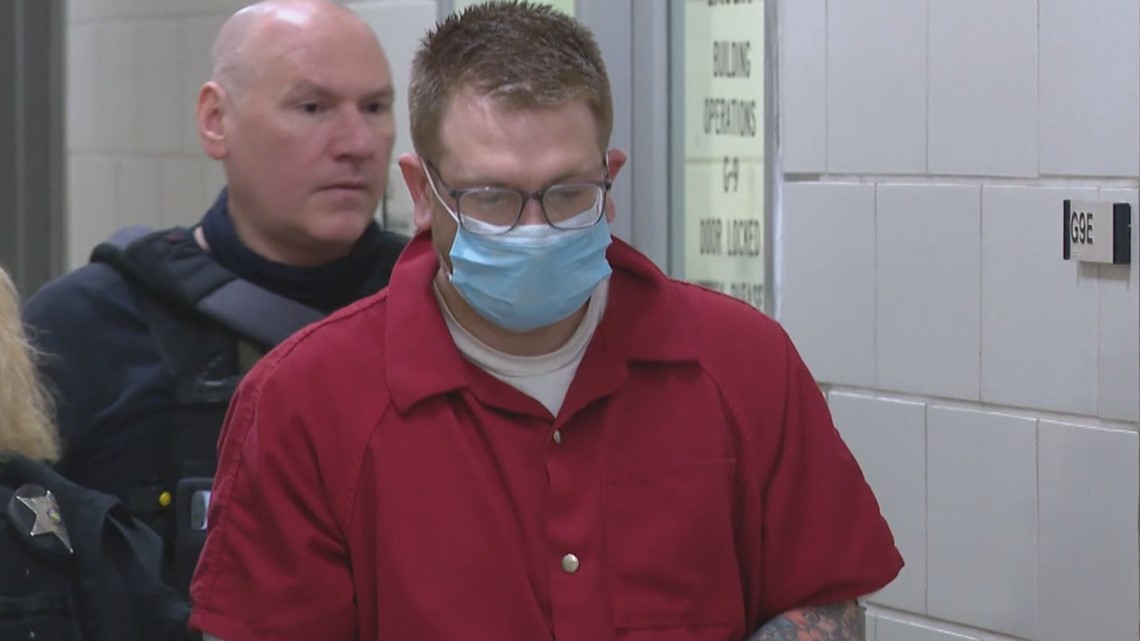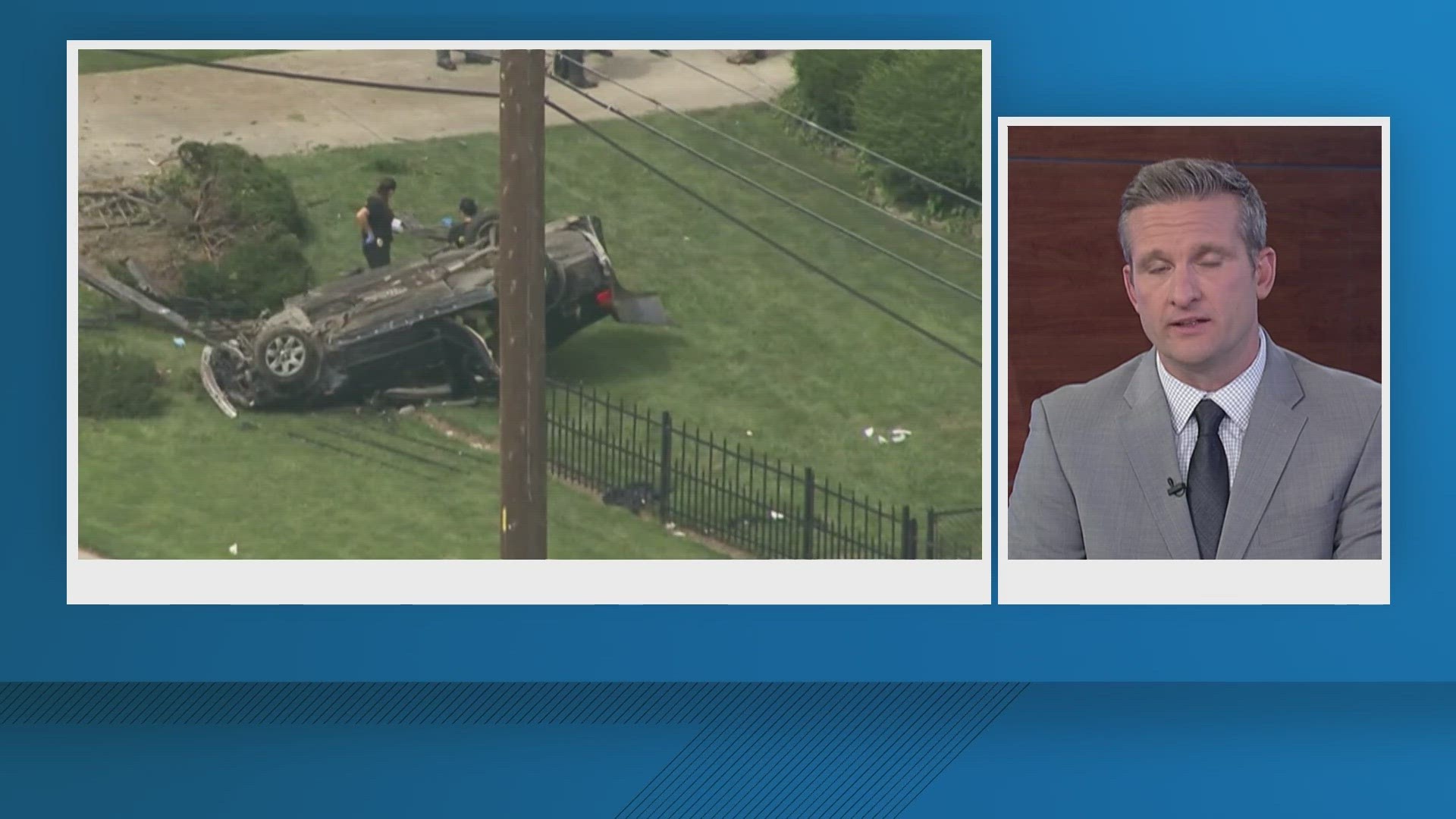SOUTHPORT, Ind. — An attorney for Jason Dane Brown, who killed Southport Lt. Aaron Allan in July 2017, is asking the Court of Appeals to reconsider his conviction.
Brown is again arguing his due process rights were violated because the state failed to collect blood evidence from the hospital in a timely manner. Without that evidence, Brown claims the the issue of his sobriety or level of intoxication at the time of the crash could not be resolved.
According to Brown, the state sent a report indicating that it was collecting the blood evidence but then failed to collect it.
In October, the Court of Appeals upheld Brown's conviction. At the time, the court cited the following rulings on the defense's claims:
- Prosecutors did not violate Brown's due process right to a defense when it did not preserve Brown's blood sample because prosecutor's never had Brown's blood sample.
- Any error in the admission of Brown's urinalysis was harmless because there was sufficient evident outside of the urinalysis to disprove his defense.
- Prosecutors presented sufficient evidence to refute Brown's defense and prove he committed murder.
Brown was sentenced in May 2022 to 58 years in prison for the shooting.
Shortly after the sentencing, lawyers on behalf of Brown filed the notice of appeal. His lawyers said investigators didn't take an initial blood sample and that a urine sample wasn't collected until 19 days after Allan was killed.
Brown's attorneys argued prosecutors relied on that sample in their case against Brown but think it never should have been used in court.
Allan was killed July 27, 2017, while he and an officer with the Homecroft Police Department were responding to a crashed car near Madison Avenue and Maynard Drive.
Allan, 38, was reaching in to help Brown when Brown started shooting. Witnesses said Brown continued to fire even as Allan tried to crawl away. Investigators said Allan was shot 11 times.
Other officers who had responded to the scene returned fire, shooting Brown in his face and neck.
Defense attorneys said Brown was hurt in the wreck, unaware of what was going on and thought Allan was just a man trying to get into the car. They argue the shooting was essentially self-defense and wanted Brown's conviction reduced to voluntary manslaughter.



